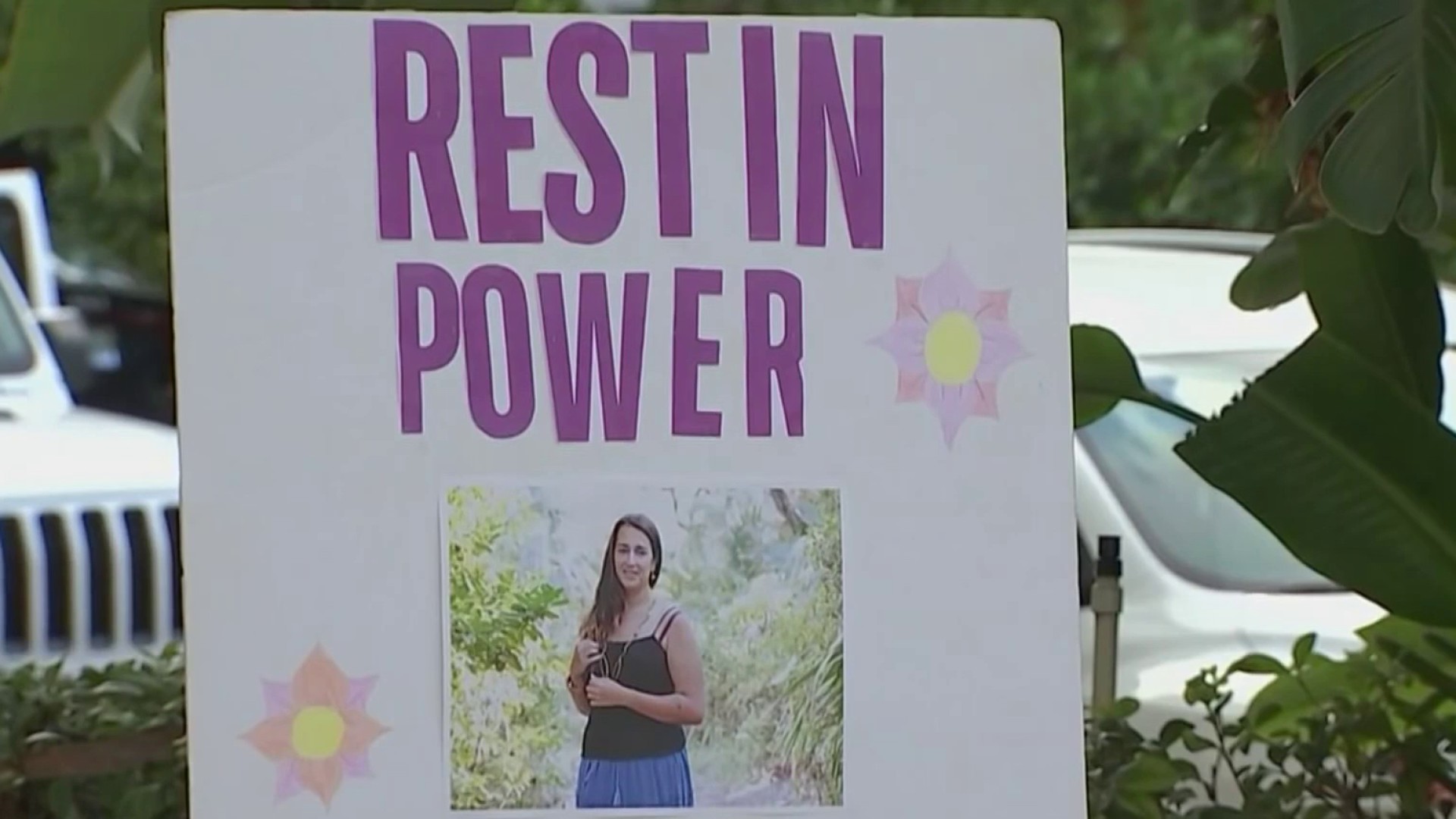The population of sharks is declining because of overfishing and rising ocean temperatures, according to marine experts.
A recent study found that walking sharks are hatching earlier from their egg, which is impacting their health and making them less effective hunters.
“They are social, they are smart, they are curious, and they deserve respect,” Dr. Neil Hammerschlag said. He has been studying sharks for 20 years.
Shark Allies is a conservation group dedicated to restoring and conserving the shark population by improving shark conservation policy. They are trying to raise awareness about the consequences of a world without sharks.
Get South Florida local news, weather forecasts and entertainment stories to your inbox. Sign up for NBC South Florida newsletters.
“It would be very scary without sharks because so many different species depend on them,” Cassandra Scott said.
According to the organization, an unstable ecosystem will lead to an unstable population and reefs. Aquatic systems play a key role in the global carbon cycle.
Sharks can help stabilize climate change and they are a part of eco-tourism.
Local
“They are the white blood cells of the ocean,” added Scott.
Marine experts said people need to be more aware of the seafood they eat. They need to pick more sustainable catch, continue to reduce plastic consumption, and sign up for beach and ocean clean-ups.
Even with the changes getting the shark population to rebound is slow. Sharks can take decades to reach sexual maturity and pregnancies average 9-10 months with as few as two offspring.



